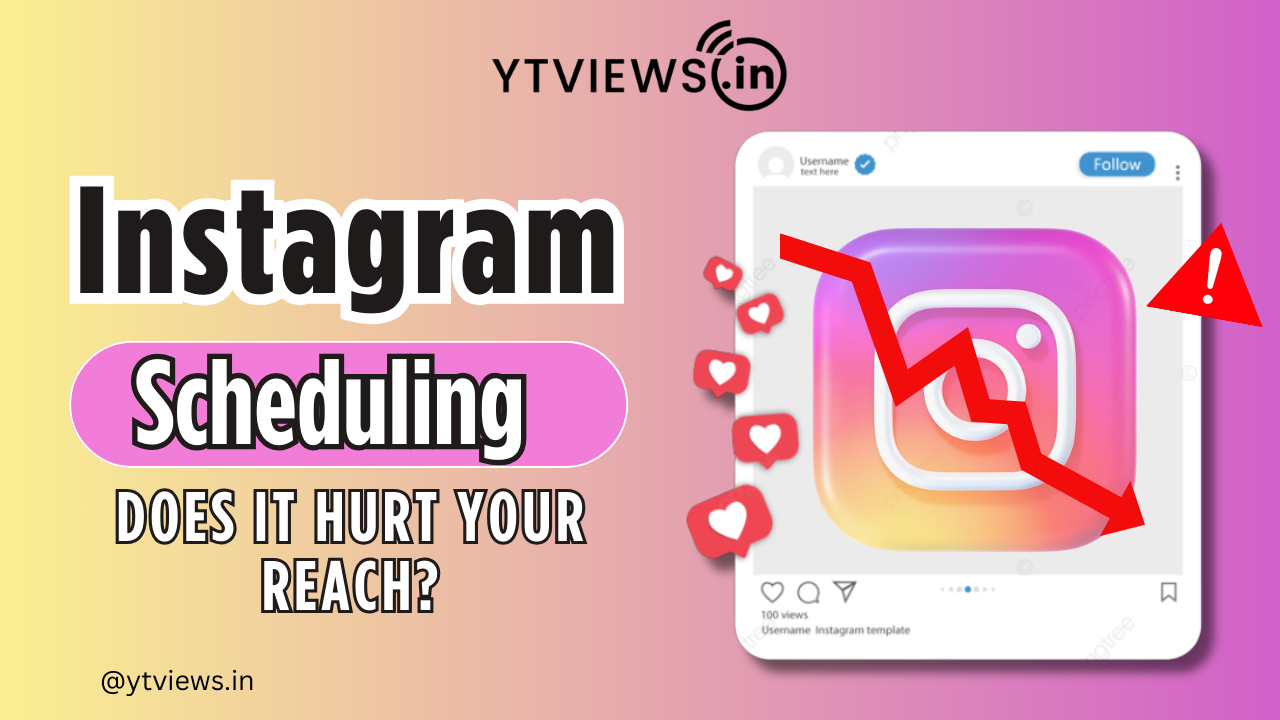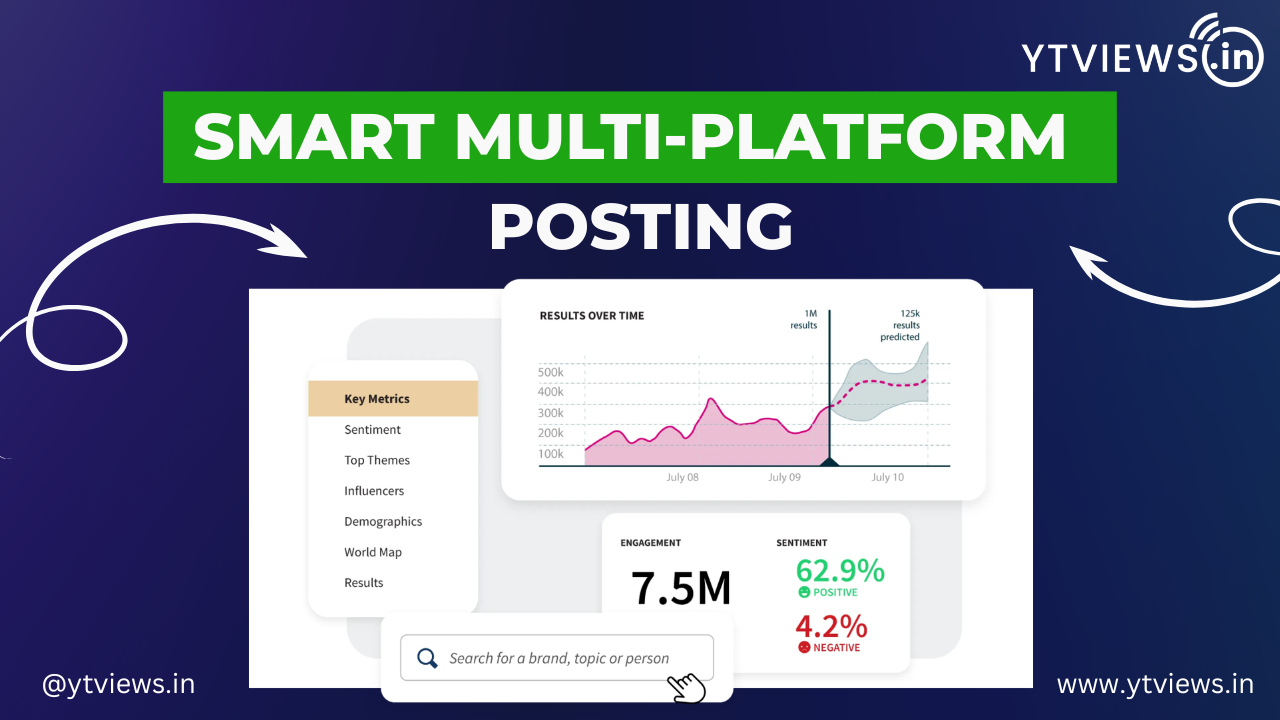How social media is impacting modern journalism.
Social media is significantly impacting modern journalism in several ways


Speed of Reporting: Social media platforms like Twitter and Facebook allow journalists to share news almost instantaneously. This speed can help keep the public informed in real-time but also presents challenges in terms of verifying information quickly.
-
Audience Engagement: Social media enables journalists to interact directly with their audience, gather feedback, and understand reader preferences. This interaction can help shape content and improve engagement.
-
New Reporting Tools: Platforms like Instagram and Snapchat offer unique ways to tell stories through images and short videos. These tools provide new formats for storytelling and can enhance traditional news reports.
-
Citizen Journalism: Social media has empowered individuals to report news from their perspectives, sometimes providing crucial first-hand accounts of events. This democratization of information can supplement traditional journalism but also raises concerns about the accuracy and credibility of the news.
-
Increased Competition: The rise of social media has intensified competition among news outlets. Journalists and news organizations must work harder to capture and retain audience attention in a crowded media landscape.
-
Data and Analytics: Social media provides valuable data on audience behavior and preferences. Journalists can use this information to tailor their content, optimize their strategies, and measure the impact of their work.
-
Challenges with Misinformation: The ease of sharing information on social media can also spread misinformation and fake news. Journalists must be vigilant about fact-checking and verifying sources to combat this issue.
-
Monetization Strategies: Social media platforms have influenced how journalism is monetized, with news organizations exploring new revenue models like sponsored content, subscriptions, and partnerships.
Related Posts

YouTube Adds Voice Replies & Shorts Remix Updates

Increase Your LinkedIn Reach with Ytviews LinkedIn Share Service

How the YouTube Algorithm Promotes and Pushes New Videos

Why Small YouTubers Don’t Get Brand Deals & How Ytviews.in Can Help

Does reach drops by scheduling a post on Instagram?



































